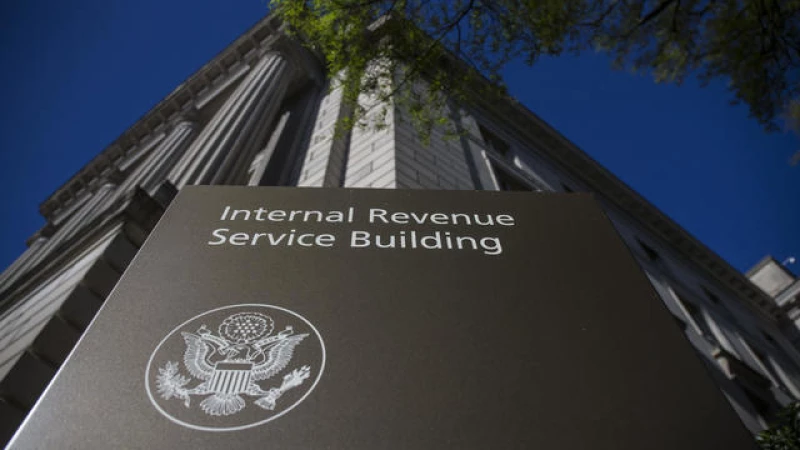The Deadline for Filing 2023 Tax Returns is Approaching
Time is running out for most people to submit their 2023 tax returns to the IRS. The deadline is set for 11:59 p.m. on Monday, April 15, based on your local time, with a few exceptions.
Residents of Massachusetts and Maine have until April 17 to complete their filings and make payments due to the Patriots' Day and Emancipation Day holidays. Additionally, there are extensions in areas affected by severe weather conditions. Those affected by the October 7 attack on Israel have also been granted an extension, as announced by the IRS. Certain active-duty military personnel and U.S. citizens living abroad are eligible for extensions as well.
According to the IRS, approximately 100 million returns had been received by the week ending April 5. However, the agency anticipates a total of more than 128.7 million individual tax returns to be filed by the impending deadline.
"Millions of taxpayers nationwide will be finalizing their tax returns in the last moments, and it's important to be aware of the various resources available for last-minute assistance," stated IRS Commissioner Danny Werfel on Friday.
For those opting to mail their returns, the U.S. Postal Service advises that a tax return will be considered filed on time by the IRS if it is appropriately addressed, has sufficient postage, and is postmarked by the due date.
The IRS has projected that around 19 million individuals will opt for an automatic extension for filing their taxes. Those who choose to file for extensions will have until October 15 to submit their federal tax returns. However, it is important to note that even with an extension, the payment to the IRS cannot be postponed.
The IRS emphasized, "To avoid penalties and late fees, taxpayers who owe should pay either their full tax bill or at least what they can afford to pay by the April 15 deadline."
It is crucial to be aware that there are fines imposed for failing to file or request an extension by April 15.
Individuals seeking an extension before filing their return can complete Form 4868, which requires basic information like name, address, and Social Security number. Alternatively, an extension can be obtained by making a payment through the IRS' Direct Pay, the Electronic Federal Tax Payment System, or with a credit or debit card or digital wallet. The IRS clarifies that if an electronic payment is made indicating it is for an extension, there is no need to file Form 4868 separately.







